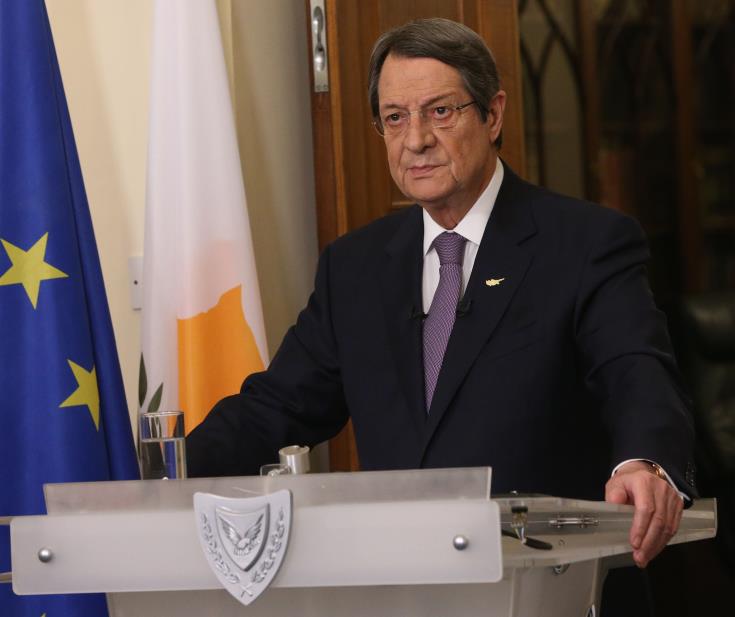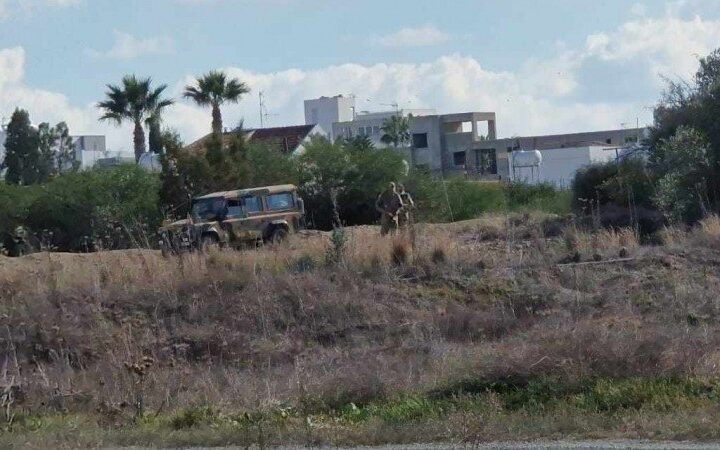Turkey’s end game for two separate states in Cyprus will not come to fruition because it is an unacceptable solution, said Cypriot President Nicos Anastasiades.
In an interview with Greek TV station ERT, Anastasiades underlined his determination to participate in the informal conference on Cyprus at the end of April in Geneva for a constructive dialogue that opens the door for peace talks to resume.
The President said significant issues are still pending, such as power-sharing, property, territorial adjustments, and the presence of Turkish troops.
“Listening to positions expressed by the Turkish government and the Turkish Cypriot leader, that of two states, as well as sovereign equality the way they interpret it, I wouldn’t say I am optimistic,” Anastasiades said.
He said he was going to Geneva with a positive attitude to create the conditions that will overcome any perceptions that have nothing to do with Greek and Turkish Cypriots’ interests.
President Anastasiades urged Ankara to realise that its aim for two states is considered unacceptable by everyone, including the US, Russia, China, and other United Nations and EU members.
Tahsin Ertugruloglu, foreign minister of the breakaway, occupied north, told the Financial Times last week that attempts at reunification over five decades had proved a “total failure”.
He said Greek Cypriots and the international community must accept the “undeniable reality” of “two separate national entities, two separate states, two separate democracies, two separate peoples”.
The UN has convened five-party talks for 27-29 April “to determine whether common ground exists for the parties to negotiate a lasting solution to the Cyprus problem within a foreseeable horizon”.
The last round of UN-sponsored negotiations collapsed four years ago in Switzerland; there have been no Cyprus talks since.
Nicosia has made it clear it is interested in improving EU-Turkish relations on the condition that the presence of Turkish troops and other provocative actions will not be repeated.
Anastasiades said Cyprus would not hesitate to veto the customs association between the EU and Turkey if it violates other member states.
Ankara has no diplomatic relations with Cyprus.
In March, the European Council welcomed Ankara’s de-escalation in the Eastern Mediterranean, noting the discontinuation of illegal drilling activities.
However, the 27 members called on Turkey to abstain from renewed provocations or unilateral actions in breach of international law.
Brussels also expressed determination to use options at its disposal to defend its interests.
A report by the EU’s top diplomat, Josep Borrell, presented to EU Foreign Ministers, includes progressive sanctions if Turkey returns to the policy of tension-raising antics.










